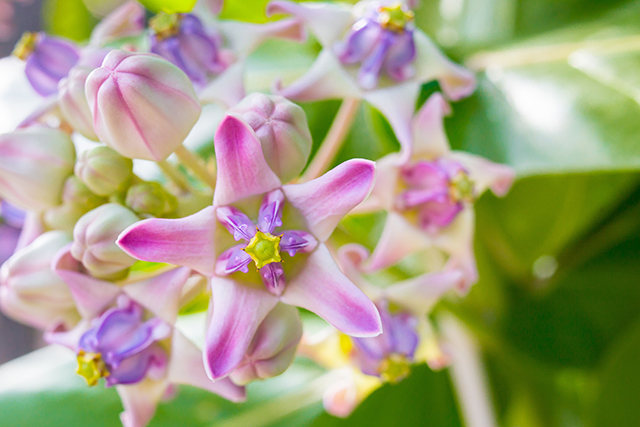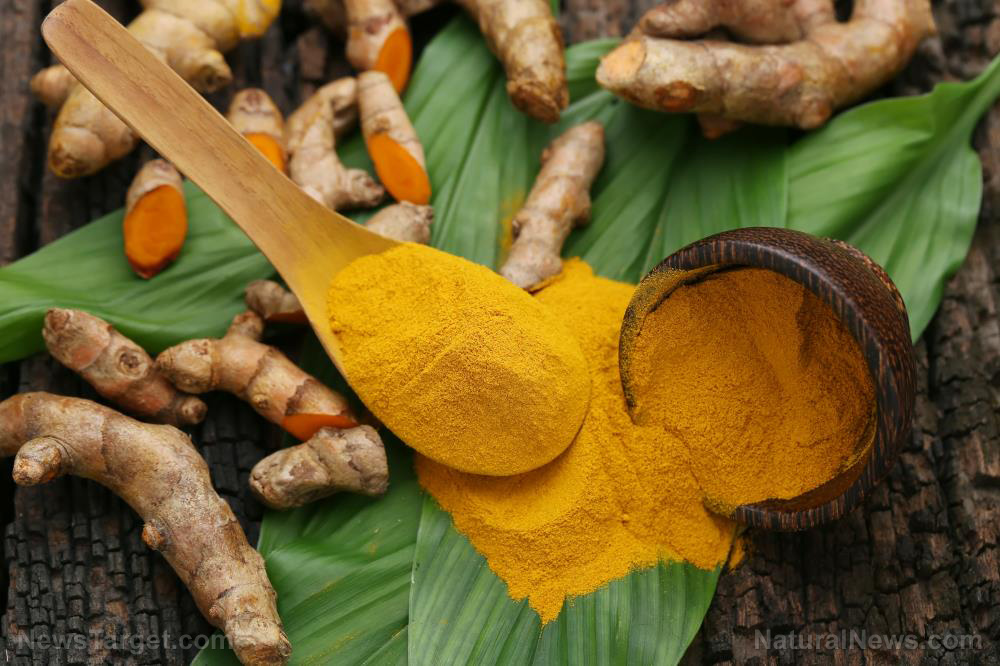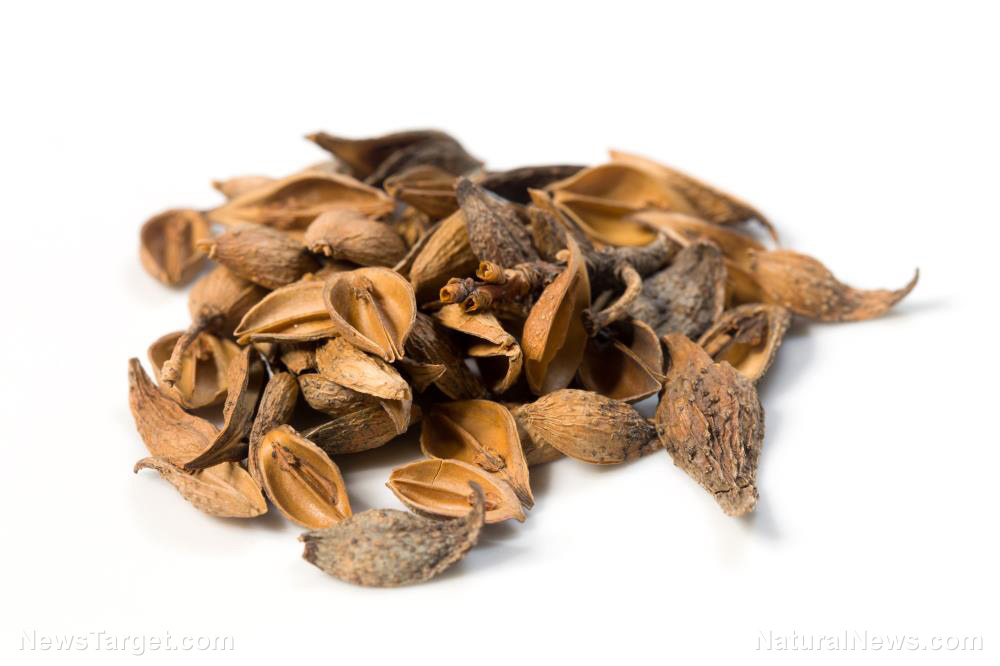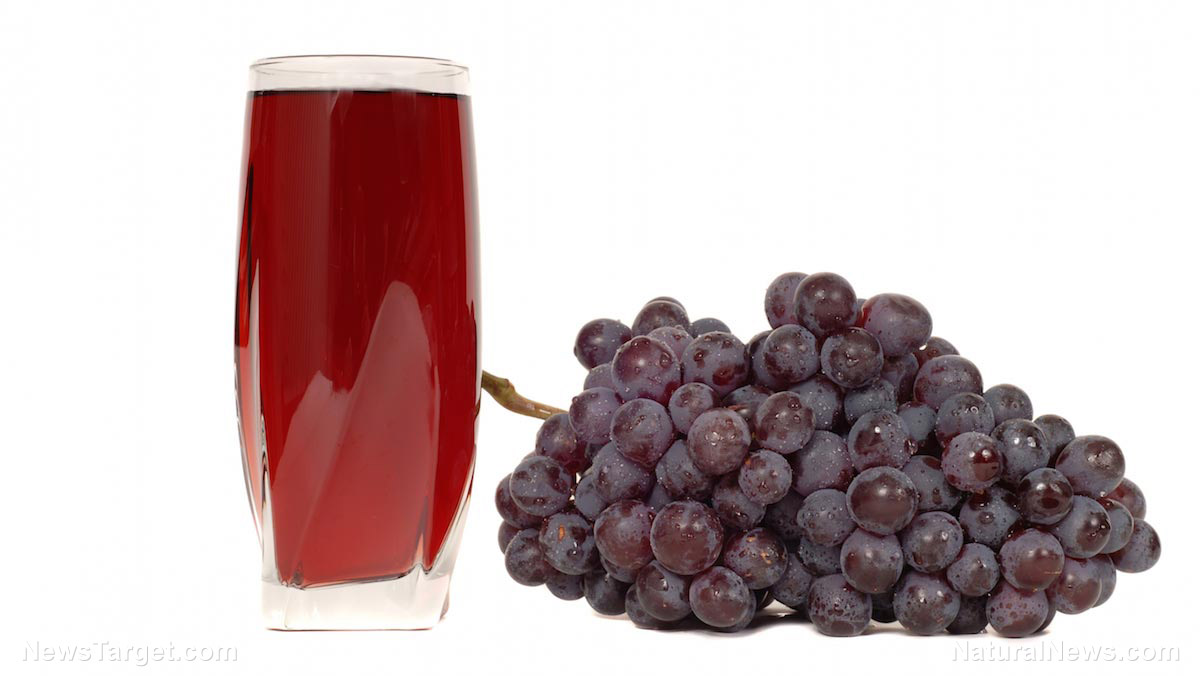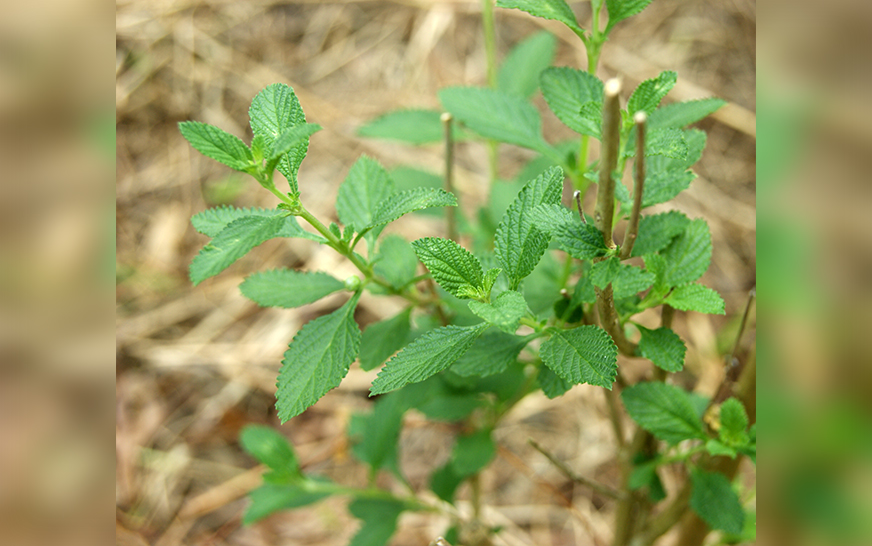Study validates TCM for promoting heart health
02/11/2019 / By Ellaine Castillo

Heart attacks are a major concern in the U.S., with recent estimates showing over 800,000 known incidences each year — 27 percent leading to death. Indeed, this number has dramatically dropped in recent years, it is still the leading causes of death worldwide. Because of this, there is an urgent need for safe, effective, and accessible means to maintain heart health. Numerous studies have identified herbs and medicinal plants with cardioprotective properties. Researchers from Central South University and The Second People’s Hospital of Hunan Province in Changsha, China also found that the traditional Chinese medicine (TCM) formula called Bao-Xin-Tang, which is a combination different natural products, can protect the heart from damage caused by heart attacks.
Bao-Xin-Tang is made from the extracts of poor man’s ginseng (Codonopsis pilosula), astragalus, baizhu (Atractylodes macrocephala), poria (Wolfiporia extensa), hawthorn fruit (Fructus crataegi), kudzu (Radix puerariae), red sage (Salvia miltiorrhizae), peach seed, Szechuan lovage (Ligusticum wallichii), and safflower (Carthamus tinctorius). TCM practitioners commonly use it as a remedy for coronary heart disease since they believe that improves the movement of Qi and blood throughout the body. There is scientific evidence that Bao-Xin-Tang can help patients with coronary heart disease by elevating nitric oxide levels. It has also been shown to enhance heart recovery by improving endothelial functions and by stimulating the release of vascular endothelial growth factor (VEGF) and basic fibroblast growth factor (bFGF). However, there are no studies prior to this one that investigates the cardioprotective effects of Bao-Xin-Tang against heart attacks.
In this study from the African Journal of Traditional, Complementary and Alternative Medicines, the researchers determined the effects of Bao-Xin-Tang on the infarct size of rats, which they induced to exhibit the typical arrhythmia caused by heart attacks. Based on the resulting electrocardiogram, pre-treatment of the rat with the TCM resulted in reduced infarct size, which is the primary goal of most cardiovascular drugs.
The team proceeded to determine the potential mechanisms underlying the cardioprotective effects of Bao-Xin-Tang by assessing its antioxidant and anti-inflammatory properties. These properties are important in maintaining heart health since arterial inflammation and oxidative stress contribute to the development of heart attacks. To determine these properties, they first extracted serum from the animal models used and then evaluated the levels of pro-inflammatory and anti-inflammatory compounds. They also determined the activity of the antioxidant superoxide dismutase (SOD) and myeloperoxidase (MPO), which is a marker for oxidative stress.
Results showed that there was an increase in anti-inflammatory compounds and in SOD activity, while the levels of pro-inflammatory compounds and the activity of MPO decreased. These indicate that Bao-Xin-Tang has anti-inflammatory and antioxidant activities.
Overall, the results of the study show that Bao-Xin-Tang has cardioprotective properties that possibly result from its anti-inflammatory and antioxidant properties. (Related: Adding TCM to Western medication found to improve quality of life for chronic heart failure patients.)
Ways to prevent heart attacks
According to a study by scientists from the Karolinska Institute, the following lifestyle behaviors can significantly reduce the risk of heart attacks:
- Quit smoking — The heart attack risk of people who don’t smoke or those who quit more than 20 years ago is 36 percent lower than smokers.
- Limit your alcohol intake — Heavy alcohol consumption increases the risk of cardiovascular diseases and death. But, moderate alcohol consumption, which is defined as two drinks per day for men and one for women, can reduce heart attack risk by 11 percent.
- Follow a healthy diet — Following a diet that’s rich in fruits, vegetables, legumes, nuts, whole grains, and fish can reduce heart attack risk. On the contrary, highly processed foods, white bread, refined cereals, and sweets can are bad for the heart.
Read more news articles on the health benefits of various TCM formulas by visiting ChineseMedicine.news
Sources include:
Tagged Under: acute myocardial infarction, anti-inflammatory, antioxidant, Bao-Xin-Tang, cardioprotective, heart health, herbal medicine, natural cures, natural remedies, TCM, traditional Chinese medicine
RECENT NEWS & ARTICLES
COPYRIGHT © 2017 ALTERNATIVE MEDICINE NEWS




